Radiant Skin Is Closer Than You Think: 7 Ways to Transform Dull Skin into Healthy Glow from Inside Out

Keep Your Skin Hydrated – The Overlooked Secret to Glowing Skin
Hydration is a fundamental factor in keeping skin radiant and healthy. Dehydrated skin tends to look dry, dull, and more prone to wrinkles. Many people mistakenly believe that oily skin doesn't need hydration, but in fact, all skin types, including oily skin, require moisture balance.
Choosing the right moisturizer according to your skin type is essential. For dry skin, opt for rich creams or oils, while oily skin may benefit more from lightweight gels or lotions that hydrate without adding excess oil. Key ingredients such as hyaluronic acid, glycerin, ceramides, or aloe vera extract help attract and lock moisture into the skin for longer-lasting hydration.
Another commonly overlooked tip is staying properly hydrated from the inside out by drinking enough water throughout the day. When the body lacks hydration, skin cells lose elasticity, leading to chronic dryness over time.
Never Skip Sun Protection – Your Skin's No.1 Enemy
When aiming for radiant skin, many people focus on whitening skincare or exfoliation, but the first and most important step is protecting your skin from UV rays. Sun exposure is the top cause of dullness, dark spots, melasma, freckles, and premature aging.
Every day, our skin is exposed to UVA, which penetrates deep layers and causes long-term damage, and UVB, which burns the surface. Both trigger melanin production, leading to hidden dullness over time. Applying sunscreen daily—even indoors or on cloudy days—is a must.
Choose a sunscreen with SPF 30 or higher and PA+++ or PA++++ to protect against both UVA and UVB. Also, remember to reapply every 2-3 hours when exposed to the sun, swimming, or sweating, as sunscreen effectiveness diminishes with time and environment.
Good Nutrition – The Key to Radiance from Within
Many people rely solely on skincare for brighter skin but forget that "good nutrition" is the true starting point for healthy skin. Eating foods rich in antioxidants helps slow down skin cell deterioration and promote healthy skin cell turnover.
Focus on foods like:
● Orange-red fruits and vegetables (carrots, tomatoes, pumpkins, strawberries) rich in beta-carotene and lycopene that help protect skin from UV damage.
● Citrus fruits (oranges, lemons, kiwis) high in vitamin C that reduce melanin production and boost collagen synthesis.
● Fish and nuts rich in omega-3 and protein that help rebuild skin structure.
Additionally, avoid foods that accelerate skin aging, such as high-fat foods, fried snacks, sweets, and sodas. These promote glycation, a process that makes skin age faster and appear dull.
Gentle Exfoliation – Unveiling Your Brighter Skin
Exfoliating removes old, dead skin cells to reveal fresher, more radiant skin beneath. Naturally, our body sheds skin cells every 28-40 days, but this process slows down with age, causing buildup that leads to dullness, roughness, and enlarged pores.
Using scrubs or products with fruit acids (AHA), salicylic acid (BHA), or natural enzymes can safely accelerate skin renewal. However, it's important to choose gentle formulas and avoid harsh or excessive exfoliation, which can thin and irritate the skin.
Exfoliating 1-2 times a week and following with intense hydration will help the skin recover quickly and appear more radiant.
Use Actives That Reduce Melanin Safely
Today, several actives can safely and gently reduce melanin production, such as:
● Vitamin C – A powerful antioxidant that inhibits tyrosinase enzyme, reducing melanin production and brightening the skin.
● Arbutin – A natural extract from bearberry that effectively lightens dark spots and uneven skin tone.
● Niacinamide (Vitamin B3) – Reduces melanin buildup in the outer skin layers for a more even complexion.
● Kojic Acid – A by-product of rice fermentation that lightens melanin and diminishes post-acne marks.
Using products containing these ingredients consistently, alongside sunscreen, can help fade dullness and create a more even skin tone.
Prioritize Rest and Manage Stress for Healthier Skin
You might wonder, what does sleep have to do with radiant skin? The answer is—a lot! During sleep, the body produces melatonin and growth hormones that repair and regenerate skin cells. Poor sleep leads to excess cortisol (stress hormone), which increases skin inflammation, dullness, dehydration, and tired appearance.
Moreover, chronic stress impairs blood circulation, reducing oxygen and nutrient supply to skin cells, making the skin appear fatigued and less radiant.
Simple tips: Get at least 6-8 hours of sleep daily and take time to unwind with activities you enjoy, such as light exercise, yoga, or reading, to balance your hormones and promote glowing skin from the inside out.
● Harvard Health Publishing. (2020). The science of skin hydration.
● American Academy of Dermatology Association. (2022). Sunscreen FAQs.
● Lin, J. Y., & Fisher, D. E. (2007). Melanocyte biology and skin pigmentation.
● National Sleep Foundation. (2023). Why sleep is critical for skin health.
● Journal of Dermatological Science. (2021). Nutrition and skin aging.
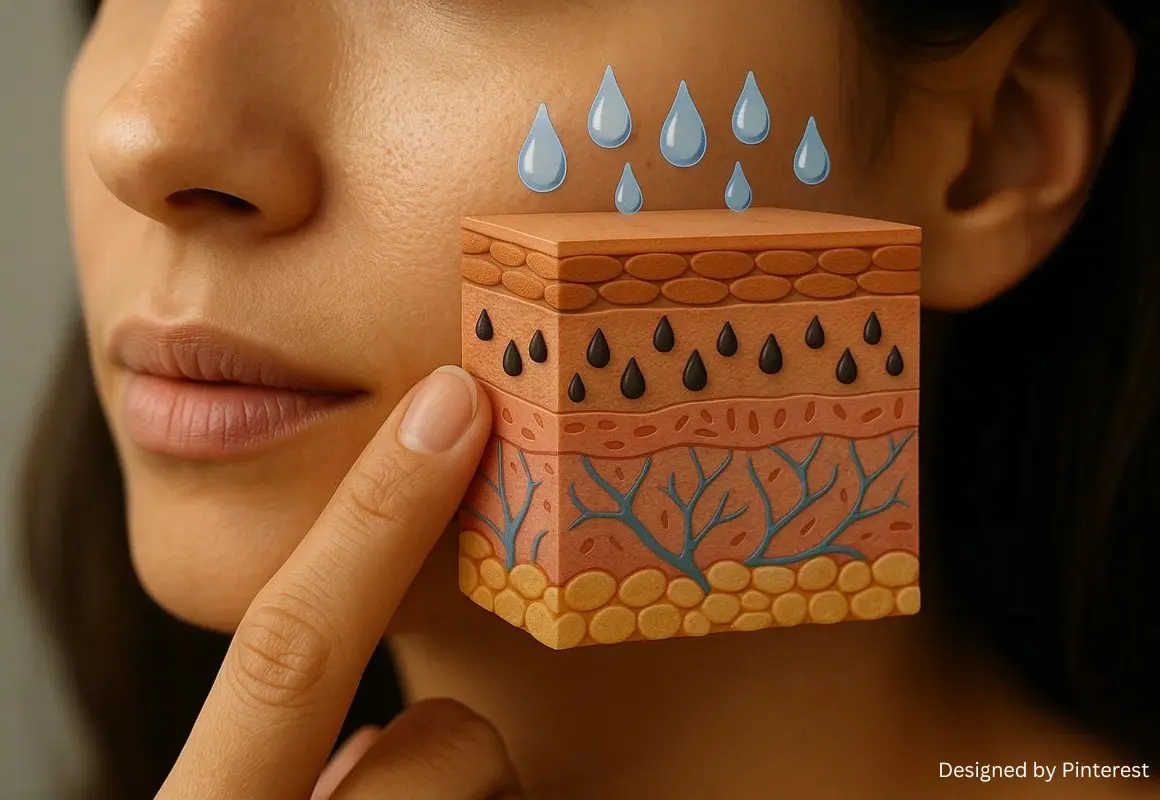
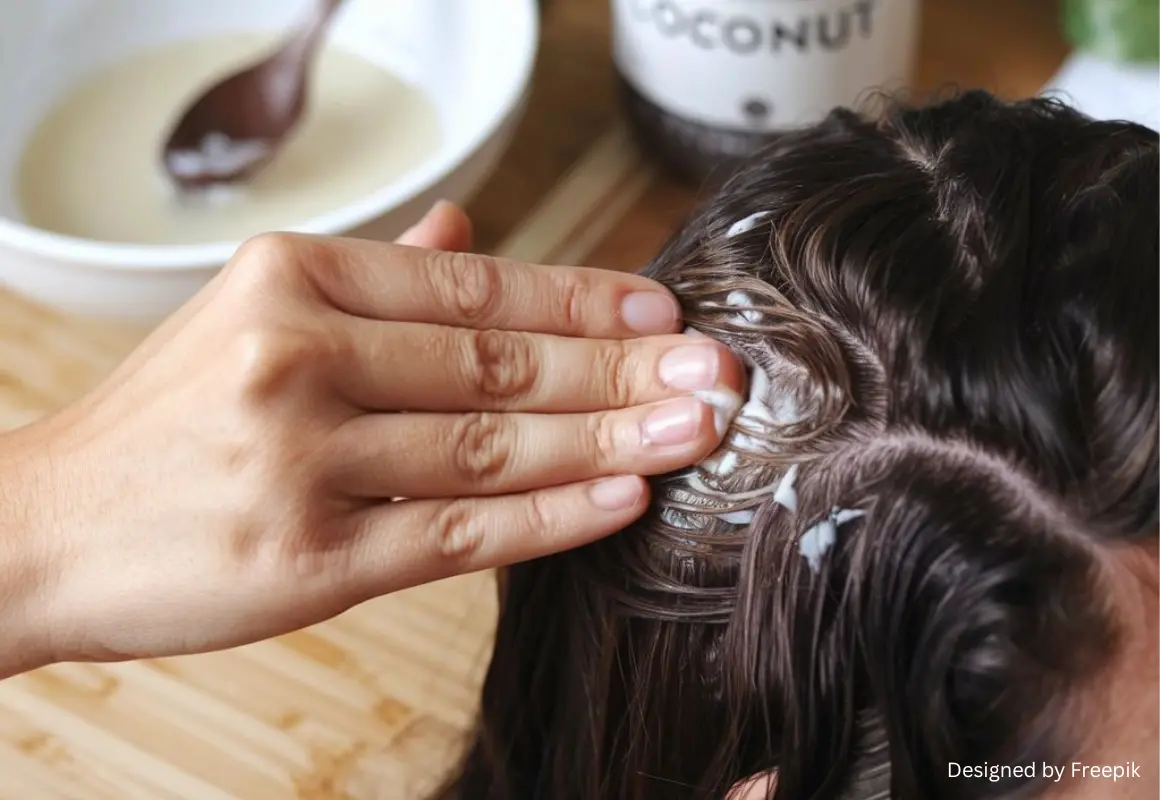
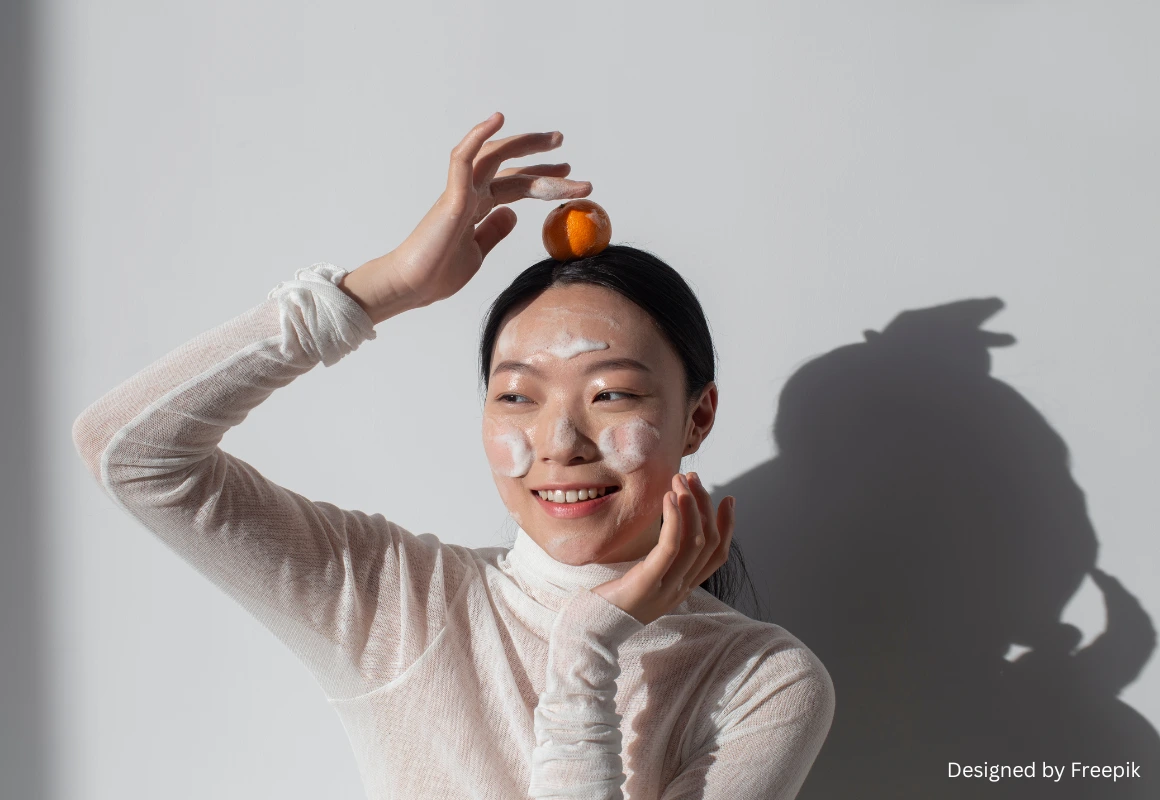
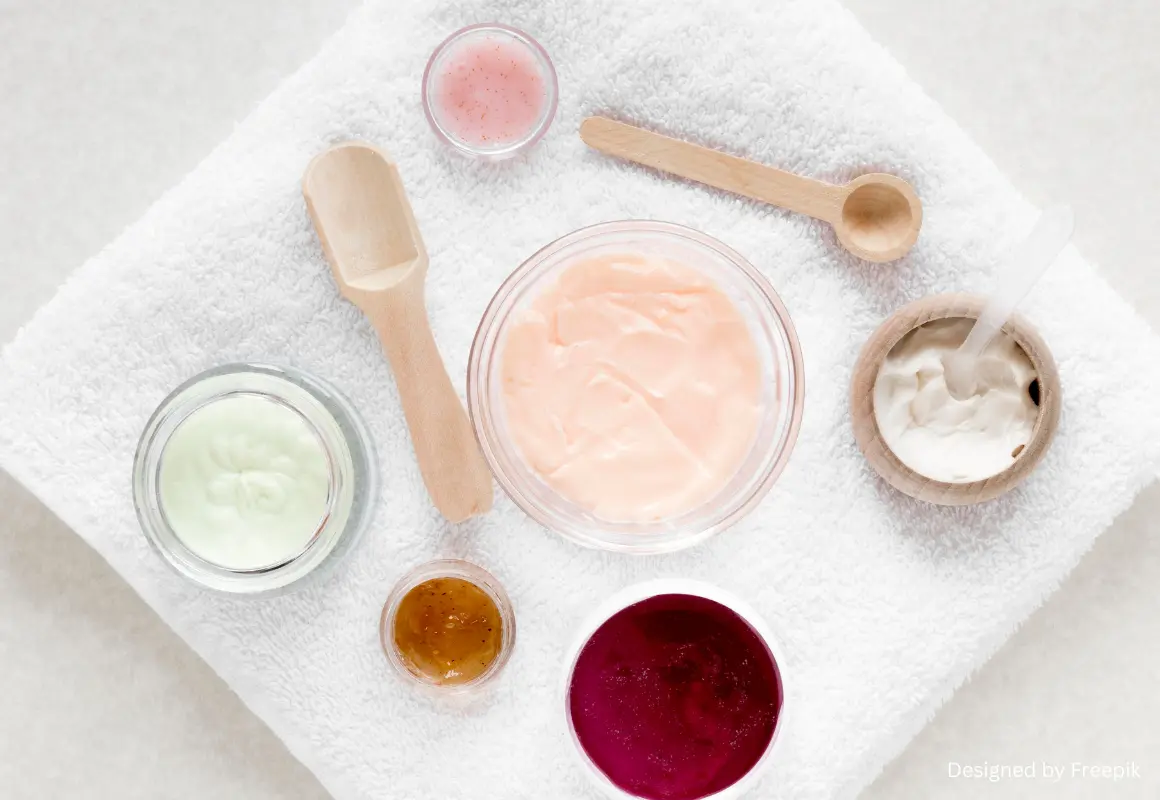
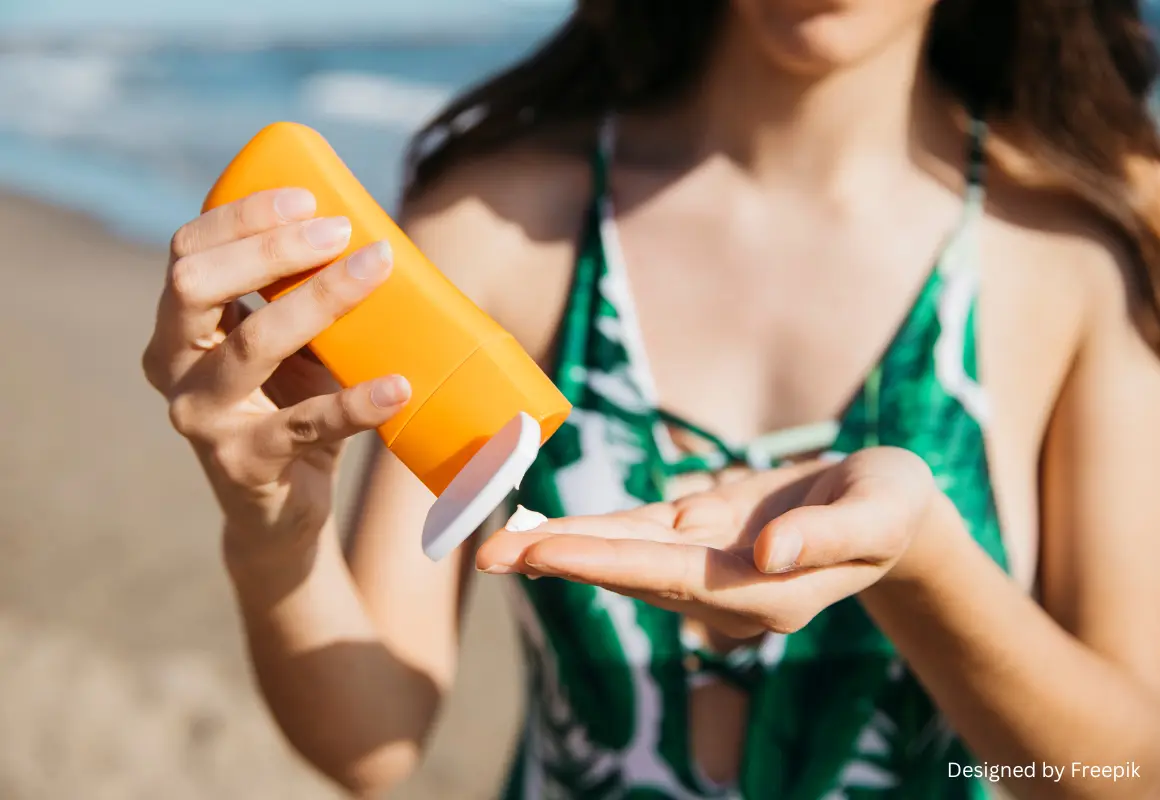
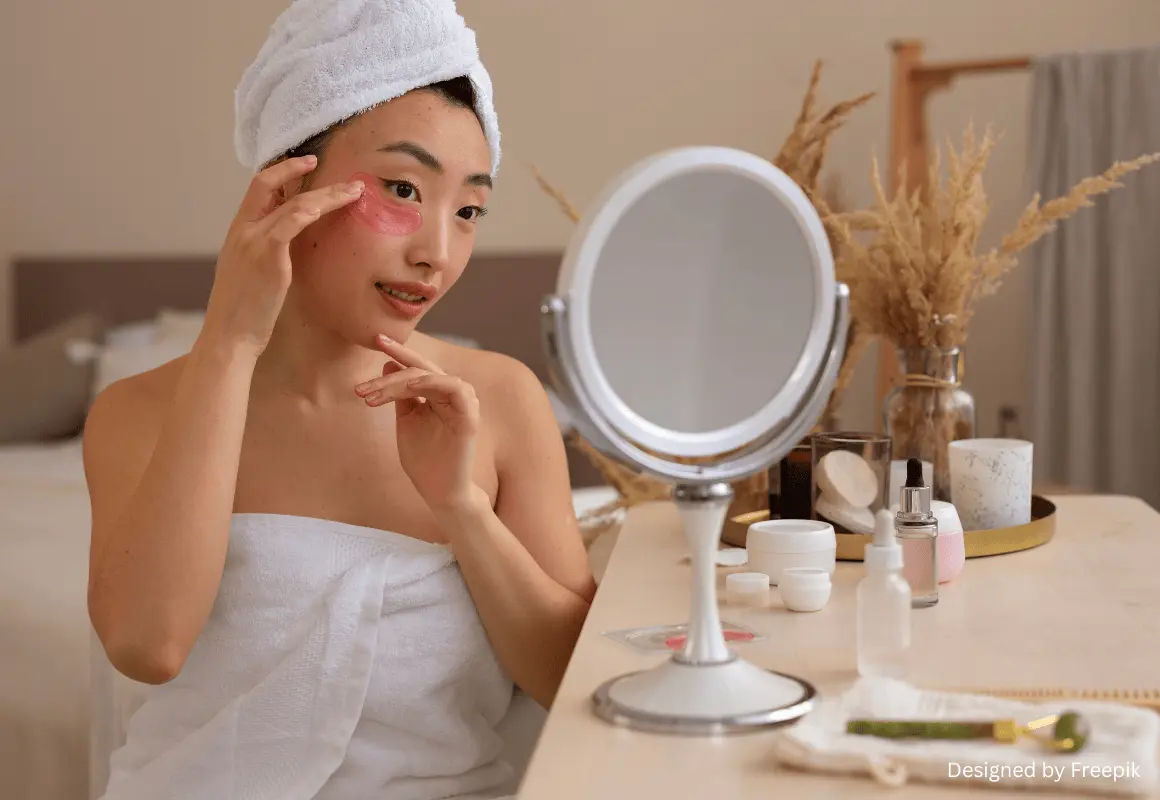

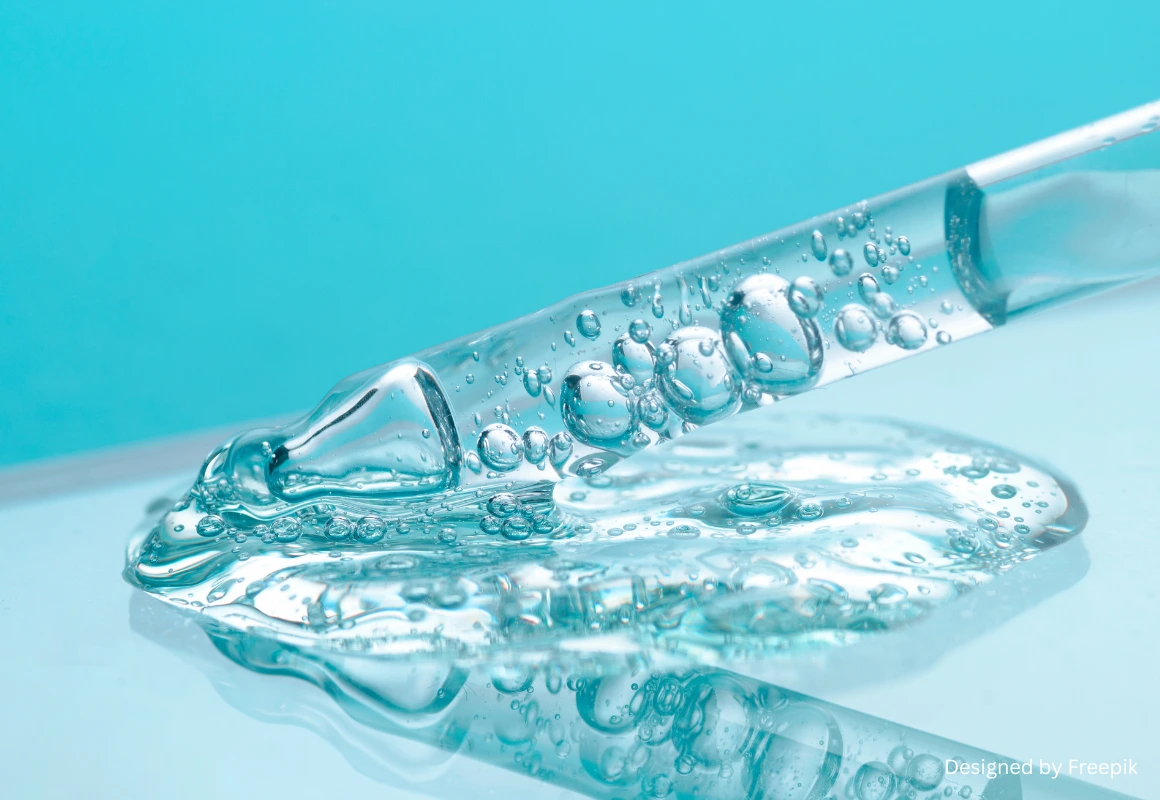
.webp)
